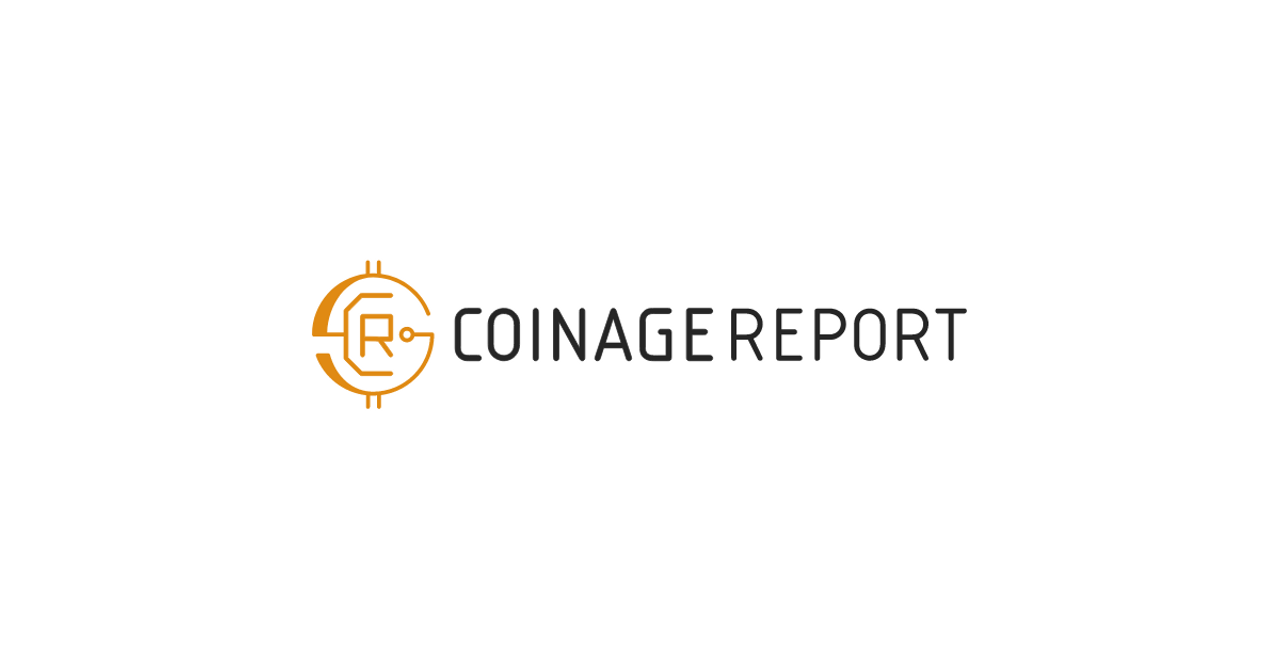Share on
- Copy link
This Tuesday, Ripple CEO Brad Garlinghouse gave an interview for CNBC, in which he talked about the future of his company,
Last updated Feb 22, 2023 at 04:27 PM
Posted Jun 7, 2018 at 03:00 AM

This Tuesday, Ripple CEO Brad Garlinghouse gave an interview for CNBC, in which he talked about the future of his company, but also covered some of the most important cryptocurrencies of the moment.
According to a report from CCN, despite its popularity, Mr. Garlinghouse doesn’t believe that Bitcoin, the biggest coin in terms of market cap, has the potential of becoming the catch-all solution people are looking for. Basically, he doesn’t see it transforming into a global currency.
“I think it’s not going to be the panacea that people once thought it would be, where it would solve all of these different kinds of problems,” Garlinghouse said. “Instead, you’re seeing specializations of different kind of ledgers, different kinds of blockchains.”
Ripple’s boss made these declarations one day after Apple co-founder Steve Wozniak revealed that he’s looking forward to seeing Bitcoin becoming a one-world currency. As a side note, Twitter and Square CEO Jack Dorsey made the same prediction.
Speaking about his own company, Brad Garlinghouse pointed out that XRP transactions are way faster than those of Bitcoin, which he considers pretty slow.
And he is absolutely right. Bitcoin, which is now the most widely-traded cryptocurrency, is far slower. On average, a BTC transaction needs 42 minutes to be completed, while an XRP transaction needs a mere 4 second. Still, let’s not forget that Bitcoin’s trading volume is way bigger!
From a technical point of view, Bitcoin’s transactions speed are simply the result of the use of blockchain technology which, until now, wasn’t successfully scaled, in order to deal with a wider user base. Ripple, on the other side, carries transactions natively on the Ripple protocol, not on a blockchain.
XRP is registering a successful adoption at this very moment, being used by mainstream financial institutions for cross-border payments. It enables large transactions to be carried across borders, from one fiat currency to another in only a few seconds.
Brad Garlinghouse wrapped it up, saying that the world needs more than just one cryptocurrency right now. “There’s some people in this, the crypto space, the blockchain space — for them, it’s almost a holy war of one versus the other. I don’t look at that at all,” he concluded.